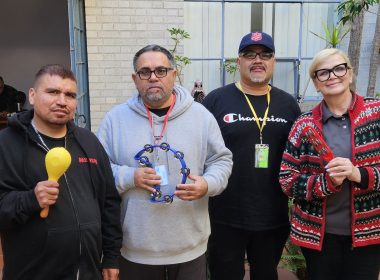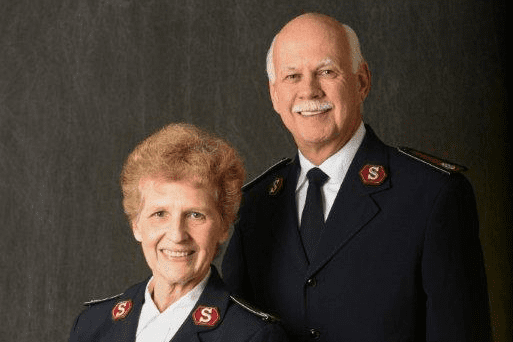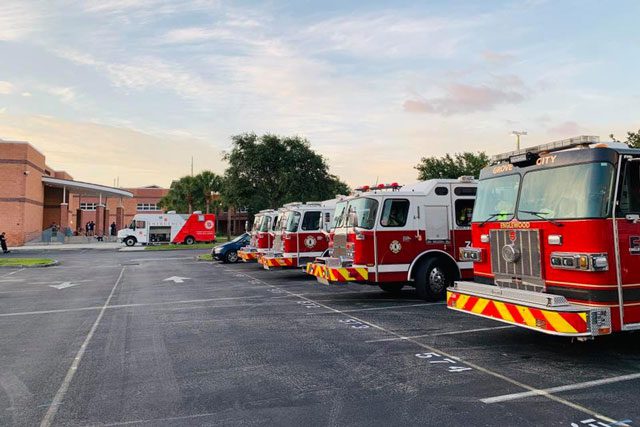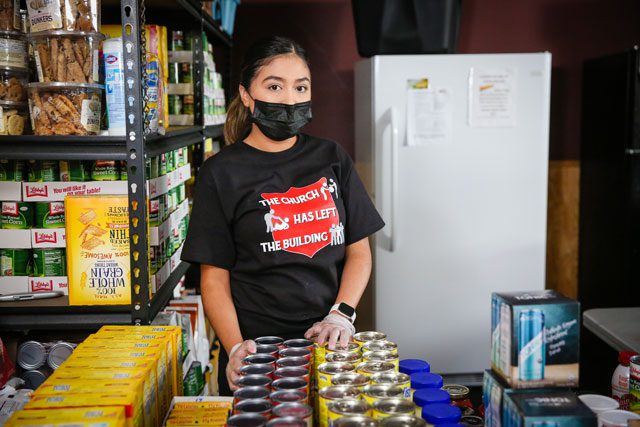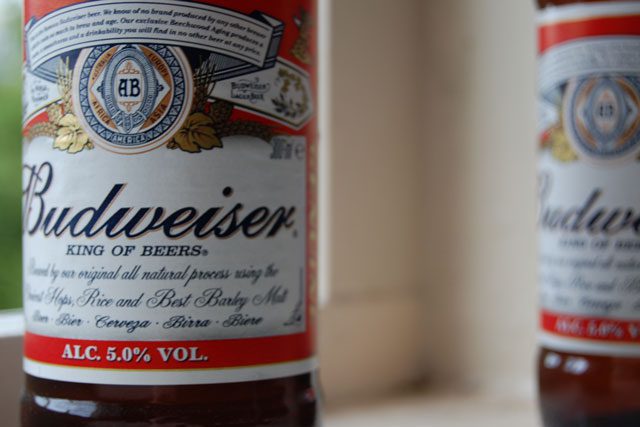 As a prison minister in Minnesota, Chaplain Charles Berry witnesses the disparity every day: African-Americans make up 31 percent of the state’s incarcerated population while representing just 5 percent of the state’s total population.
As a prison minister in Minnesota, Chaplain Charles Berry witnesses the disparity every day: African-Americans make up 31 percent of the state’s incarcerated population while representing just 5 percent of the state’s total population.
“We have huge issues where this is concerned,” Berry said. “Inmates know. They certainly know there’s a disparity in numbers.”
After nearly two decades of working for The Salvation Army, Berry has had one-on-one counseling sessions with thousands of inmates at state and federal prisons across Minnesota. He works passionately to help inmates of all races, religions and backgrounds when others have turned away.
“We really have to do a much better job of getting to know each other better as individuals instead of based on skin color,” Berry said. “We’re always throwing out the numbers, but nobody’s sat down to address the issue.”
Berry is doing his best to change that reality, working for an organization with a long history of breaking down race barriers. When The Salvation Army of America was officially organized in 1880, then-Commissioner Frank Smith called on Salvation Army churches to be among the first religious organizations to denounce the color line. These efforts went on to be recognized by Booker T. Washington, who said, “I have always had the greatest respect for the work of The Salvation Army, especially because I have noted that it draws no color line in religion.”
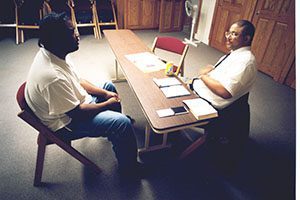 While Berry acknowledges that we as a nation have come far, he believes we also have a long way to go.
While Berry acknowledges that we as a nation have come far, he believes we also have a long way to go.
“We realize there are a lot of things that happened in this country based on race, and they still do,” he said. “How can we distance ourselves from that?”
Berry witnesses the complicated realities of racial inequality and discrimination every single day. What’s uncomplicated, however, is his solution to combatting such injustices.
“We need to stop all of this and say we’re going to start loving each other,” Berry said. “We need to start caring for each other more than we have ever done before.”
His guide to love: the Bible.
“You have to call on God,” Berry continued. “We have to rely on God’s wisdom and his strength to get us through. I preach that all the time.”
Salvation Army support continues long after inmates are released, with a correctional services program that provides basic needs such as food and clothing, and access to transitional housing programs such as The Salvation Army’s two Minneapolis-based facilities: the Adult Rehabilitation Center and Harbor Light Shelter.
“Prison can’t stop what God wants to do,” Berry said. “It doesn’t mean they don’t have importance; it doesn’t mean they’re not valuable just because they’re locked up. Many of these folks still affect people outside of these walls. You’re still very valuable and can be very effective even while locked up.”




